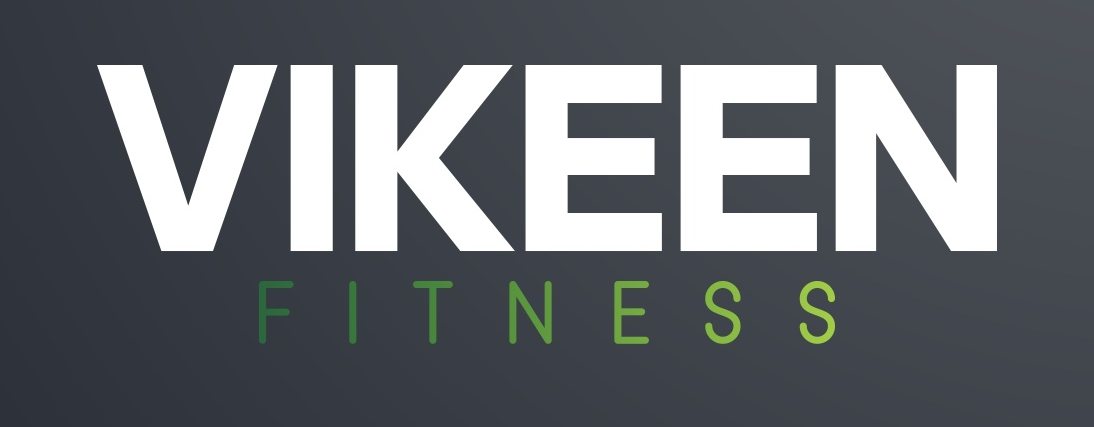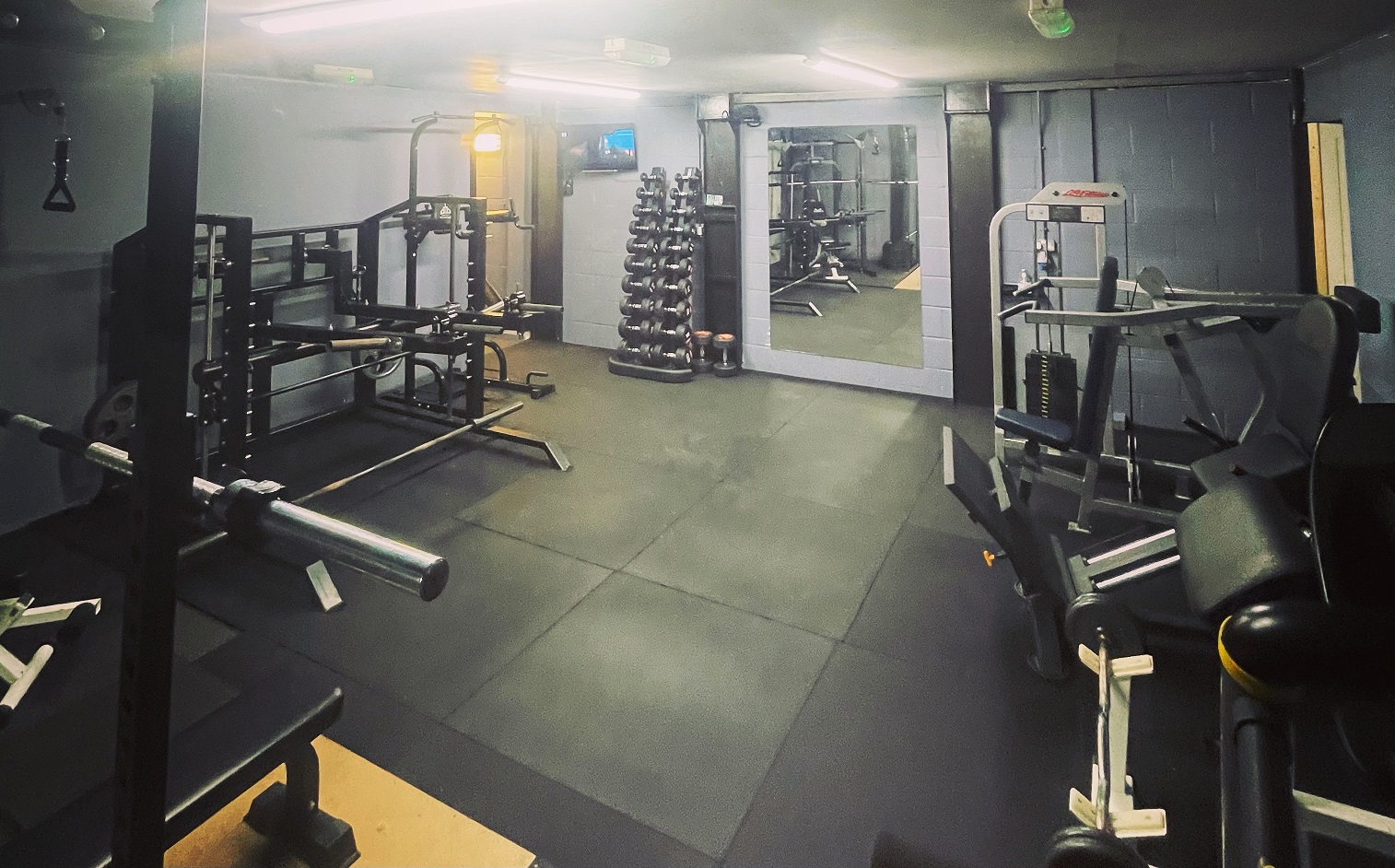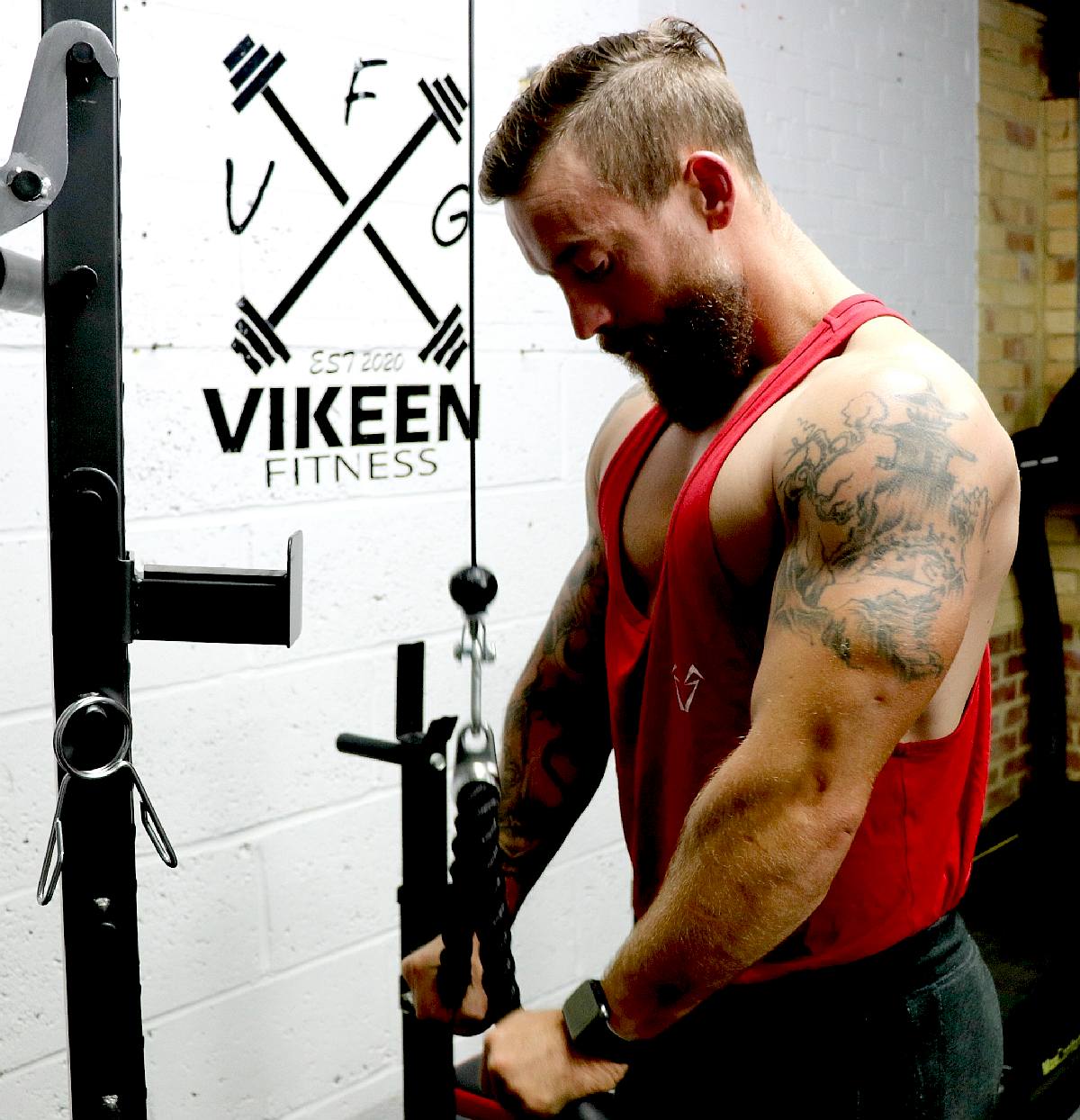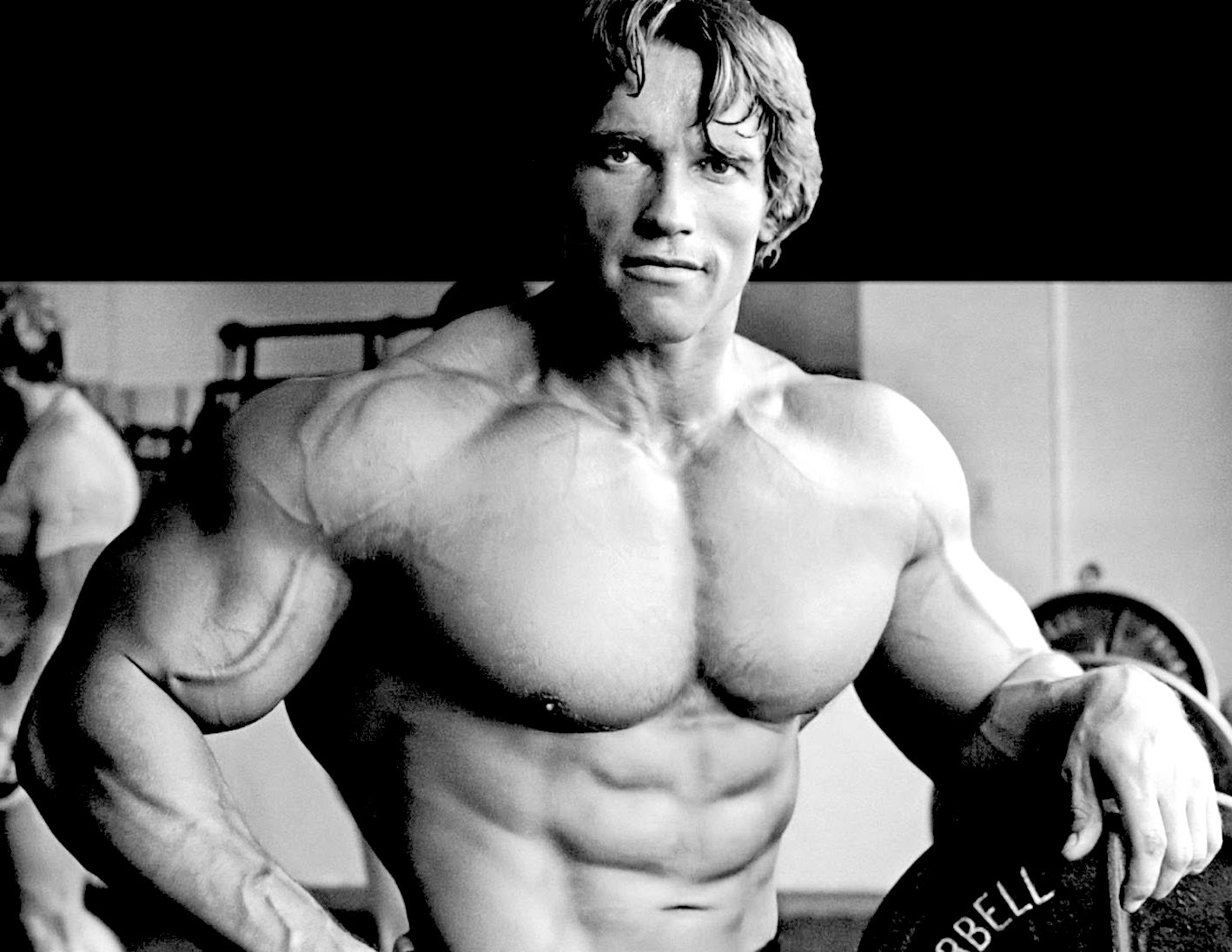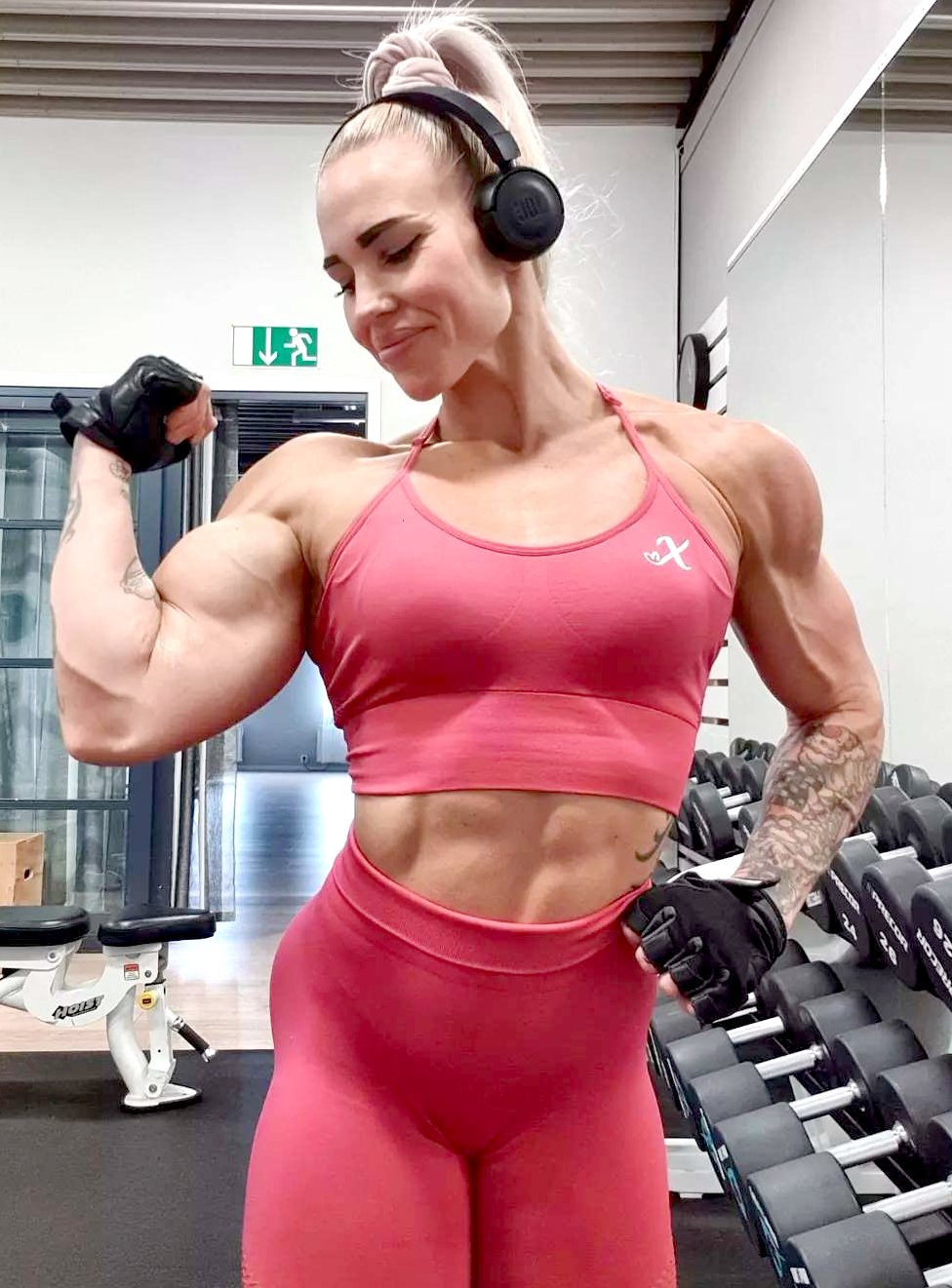|
SALT - SODIUM CHLORIDE
|
|
PROFESSIONAL GYM, EASTBOURNE - We don't all have the time to look like the Rock or perform like a gymnast, but with a few minutes a couple of times a week in a gym, or with a personal trainer, you can gain a few years back, look and feel great - and it need not cost the earth. Everyday chores will seem less daunting, because your body will be stronger and more able to cope. This is your local gym in Eastbourne. We also have a mobile app, so that you can be coached in the comfort of your own home.
You should have no more than 6g of salt (2.4g of sodium) a day.
-
where colour-coded labels are used, try to pick products with more greens and ambers, and fewer
reds
|
|
BETA-CAROTENE
|
|
Vitamins are also essential to good health and a longer life, and supplements can help you maintain a higher level of fitness, when combined with a nutritional diet. Whether you are omnivorous, pescatarian, vegetarian or vegan.
It is usually better to get the nutrients you need from food, rather than a pill. That’s because nutrient-dense foods contain other things that are good for you, like fiber.
You don't need weights to regain fitness, but resistance training will more quickly build up your ordinary strength following a period of inactivity. Terry will help you with light exercises and gradually work up to using weights if that is what you'd like. He will also plan a diet that you can live with, whether to gain muscle mass or to lose weight.
|
|
|
When we turn 30, we start to lose muscle mass – as much as 3 to 5 per cent per decade – while our metabolism simultaneously begins slowing down. Regular exercise or strength training can work to counteract this and help to keep age-related weight gain at bay. Turning back the clock. But there is little point in exercising to stay fit without a balanced and healthy diet. Training can be at home with an online coaching app.
|
|
|
A HEALTHIER LIFE - Train to achieve your goals in life. There is no need to go to extremes, just improve your stamina, energy & general outlook on life. Staying healthy by exercising and eating well means a longer active life.
|
|
|
Please use our A-Z to navigate this site or see HOME
This website is dedicated to helping you stay fit and active for a longer healthier lifestyle. © Health & Wellbeing Trust 2022 The name Vikeen™ is a registered trademark. All rights reserved.
|
|
